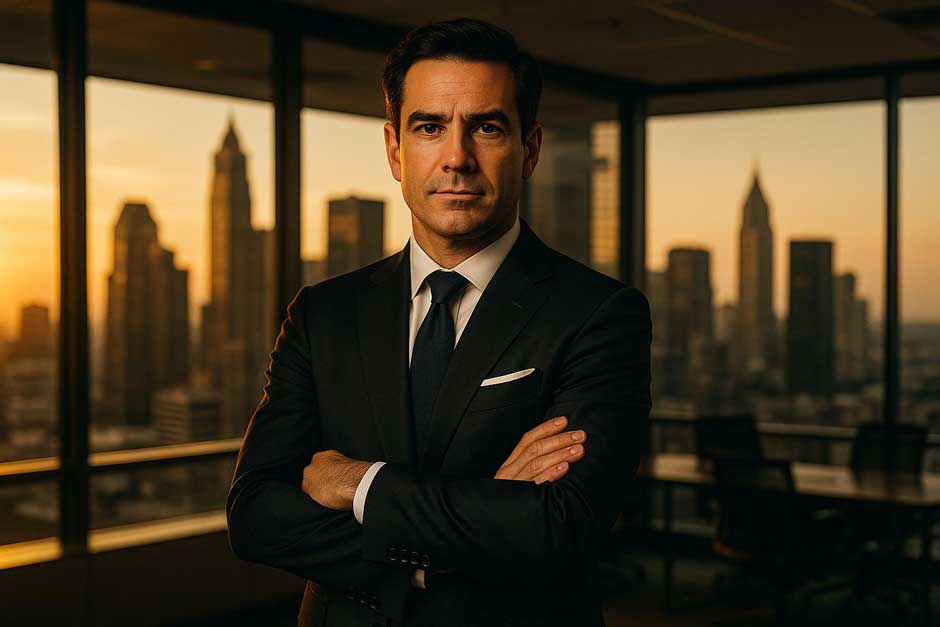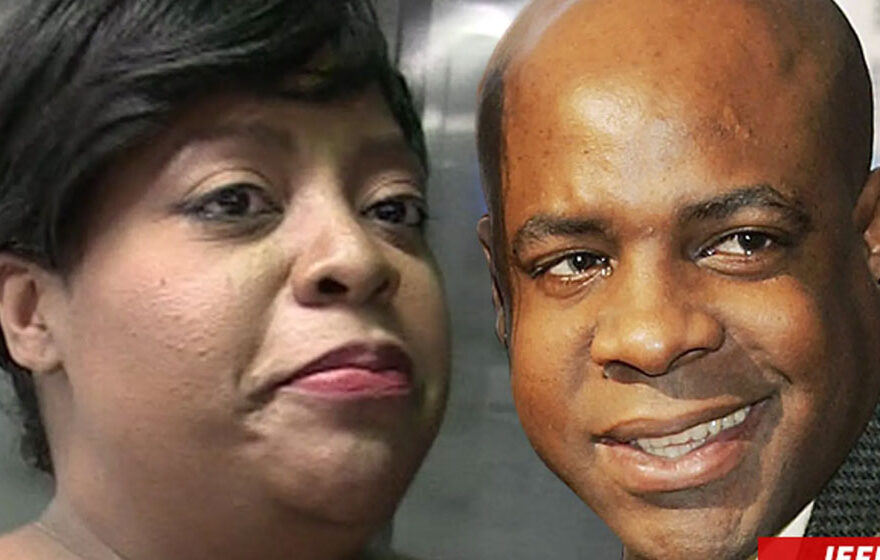Joe Francis Net Worth: From Girls Gone Wild Empire to Legal Troubles and Exile

Quick Facts: Joe Francis currently has a net worth of $25 million as of 2024, down from a peak of $50-100 million during the height of his Girls Gone Wild empire.
Joe Francis Net Worth Overview
When people search for information about Joe Francis net worth, they’re often surprised by the dramatic story behind the numbers. The controversial entrepreneur who built the Girls Gone Wild entertainment empire currently holds a net worth of $25 million as of 2024. Yet this figure tells only part of a much more complex financial story.
At the height of his success, Francis commanded a fortune estimated between $50 million and $100 million. His rapid rise and equally spectacular fall make him one of the most fascinating case studies in modern business history. The man who once dominated late-night television with his provocative infomercials now lives in exile, unable to return to American soil.
What makes Francis’s story particularly compelling is how quickly everything changed. From building a multi-million dollar empire to facing bankruptcy and legal exile, his journey illustrates both the potential rewards and devastating risks of controversial entrepreneurship.
Early Life and Career Beginnings
Joe Francis didn’t start life expecting to become one of America’s most notorious entrepreneurs. Born on April 1, 1973, in Atlanta, Georgia, he moved to California with his family when he was just seven years old. Growing up in Newport Beach, Francis attended local schools before eventually graduating from Laguna Beach High School.
His entrepreneurial instincts showed early. According to Francis himself, financial pressures at home forced him to get a special work permit at age 13. His first job was hardly glamorous – sweeping floors and serving customers at Gelato Classic for $3.35 an hour. But even then, he demonstrated the drive that would later fuel his business success.
College brought new opportunities. At the University of Southern California, Francis studied business while working various jobs to pay his way through school. One particularly influential position was at a computer and video store, where he learned valuable skills in sales and customer service. These experiences taught him how to read market demand and connect with consumers.
After graduating in 1995 with his bachelor’s degree, Francis landed what seemed like a stable job as a production assistant for Real TV. This reality show featured unusual footage that mainstream media wouldn’t touch. Little did anyone know that this exposure to censored content would spark the idea that would make Francis millions.
The Birth of Girls Gone Wild Empire
The year 1997 marked a turning point that would change Francis’s life forever. Drawing inspiration from his work at Real TV, he launched Girls Gone Wild with a simple but controversial concept. The videos featured college-aged women in various states of undress, filmed primarily during spring break and vacation settings.
What set Francis apart wasn’t just his content, but his marketing genius. While others might have struggled to find distribution channels, Francis recognized the untapped potential of late-night television infomercials. His 30-minute commercials became impossible to avoid for anyone channel-surfing after midnight.
The results were immediate and impressive. Within just two years, Girls Gone Wild had generated over $20 million in revenue. Francis had tapped into a market that traditional media companies were either unwilling or unable to serve. His success proved that controversial content, when marketed effectively, could generate enormous profits.
By 1998, Francis expanded his empire with “Banned from Television,” featuring even more explicit footage that had been censored elsewhere. This diversification strategy helped establish him as a major player in alternative entertainment. The combination of provocative content and aggressive marketing created a formula that seemed unstoppable.
Peak Success and Wealth Accumulation
The early 2000s represented the golden age of Francis’s business empire. By 2002, Girls Gone Wild had produced an astounding 83 different video titles, each one adding to his growing fortune. Industry experts estimated the enterprise value of his business at close to $100 million, making Francis one of the youngest entertainment moguls in America.
Francis wasn’t content to rest on his success. He continuously expanded the brand with new ventures like the “Search for the Hottest Girl in America” contest and Girls Gone Wild Magazine. These initiatives not only diversified his revenue streams but also increased brand recognition across different demographics.
During this period, Francis lived the lifestyle that his wealth afforded. Expensive properties, luxury cars, and extravagant parties became part of his public image. His success story was featured in business magazines as an example of how identifying the right niche market could lead to extraordinary profits.
The company’s infomercials had become a cultural phenomenon, generating reliable revenue that seemed to guarantee long-term success. Francis appeared to have built an empire that could withstand any challenge. Unfortunately, he was about to discover just how quickly circumstances could change.
Legal Troubles Begin to Mount
The first serious crack in Francis’s empire appeared in 2003 during a filming expedition in Panama City Beach, Florida. When local officials attempted to shut down his production, Francis sued them for violating his First Amendment rights. While this legal battle initially seemed like a minor inconvenience, it marked the beginning of a cascade of legal problems.
The situation escalated quickly when Francis was arrested on multiple serious charges, including soliciting minors, racketeering, and child abuse. Although many charges were eventually dismissed due to procedural issues with the investigation, the damage to his reputation and business was already significant.
Over the following years, Francis faced an increasingly complex web of legal challenges. Criminal convictions for assault, bribery, false imprisonment, and tax evasion began to pile up. Each case required expensive legal representation and diverted his attention from running his business.
The most serious incident occurred in 2011, when Francis was accused of holding three women against their will at his Los Angeles home. This case resulted in a 270-day jail sentence in May 2013 for false imprisonment, assault causing great bodily injury, and dissuading a witness. The conviction marked a significant escalation in his legal troubles.
Financial Decline and Bankruptcy
The financial impact of Francis’s legal battles proved catastrophic. Court documents revealed that he spent an estimated $100 million to $350 million on legal expenses for his Florida case alone. These enormous costs began to drain the resources that had once seemed inexhaustible.
Meanwhile, the business environment was changing in ways that threatened his core revenue model. The rise of streaming adult websites in the late 2000s made traditional video sales and infomercial marketing increasingly obsolete. Consumers were shifting to online platforms that offered more variety and convenience than Francis’s products.
The combination of mounting legal expenses and declining sales created a perfect storm. Negative publicity from his legal troubles further damaged the brand’s appeal, while technological disruption undermined his distribution strategy. Francis found himself fighting battles on multiple fronts simultaneously.
The final blow came in the form of a defamation lawsuit from casino mogul Steve Wynn. A jury awarded Wynn $20 million in damages, adding another massive financial obligation to Francis’s growing list of debts. Faced with this judgment and other mounting pressures, Girls Gone Wild filed for bankruptcy in 2013.
Life in Exile and Current Status
Rather than face the consequences of his legal troubles, Francis made a dramatic decision in 2015. With multiple arrest warrants pending and federal judges calling for his imprisonment, he fled the United States for Mexico. This choice effectively ended any possibility of rebuilding his American business empire.
Francis established his new life on a sprawling 45,000-square-foot estate called Casa Aramara in Punta Mita, Mexico. Located about 10 miles north of Puerto Vallarta, the property is valued between $10 million and $15 million. He has attempted to generate income by renting the mansion to wealthy vacationers for $35,000 per night.
However, even in exile, Francis’s financial troubles have continued to follow him. In December 2017, a court ruling stripped him of the right to profit from his Mexican estate until he repaid over $2 million in fraudulently transferred funds. This decision further limited his ability to generate legitimate income.
His personal life has also suffered during this period. Francis separated from his wife Abbey Wilson, a former Girls Gone Wild employee, despite having twin daughters together in 2014. The isolation of exile, combined with ongoing legal pressures, has taken a visible toll on the once-confident entrepreneur.
Lessons from Joe Francis’s Rise and Fall
Francis’s story offers valuable insights into both the opportunities and dangers of controversial entrepreneurship. His initial success demonstrated how identifying an underserved market niche could lead to extraordinary profits, even when dealing with controversial content.
However, his downfall illustrates the critical importance of maintaining ethical business practices and adapting to changing market conditions. Francis’s failure to evolve his business model as streaming technology emerged left him vulnerable when legal troubles began to mount.
Perhaps most importantly, his experience shows how personal conduct can ultimately determine business success or failure. While Francis built an empire worth tens of millions of dollars, his legal troubles and ethical controversies ultimately destroyed everything he had worked to create.
Today, with his net worth reduced to an estimated $25 million and his freedom to operate severely limited, Francis serves as both an inspiration and a cautionary tale. His story reminds us that in business, as in life, sustainable success requires more than just financial acumen – it demands integrity, adaptability, and respect for the law.


